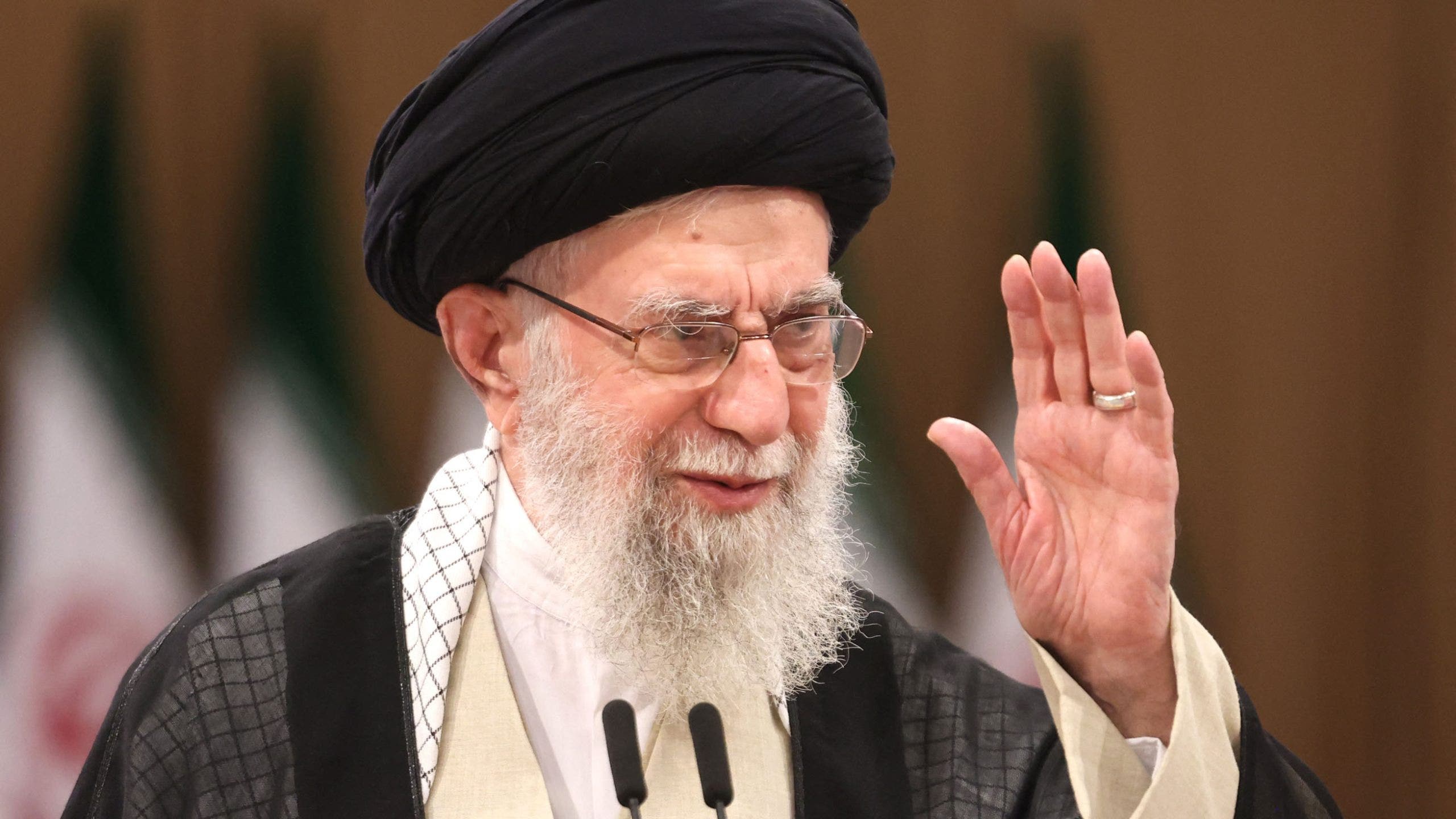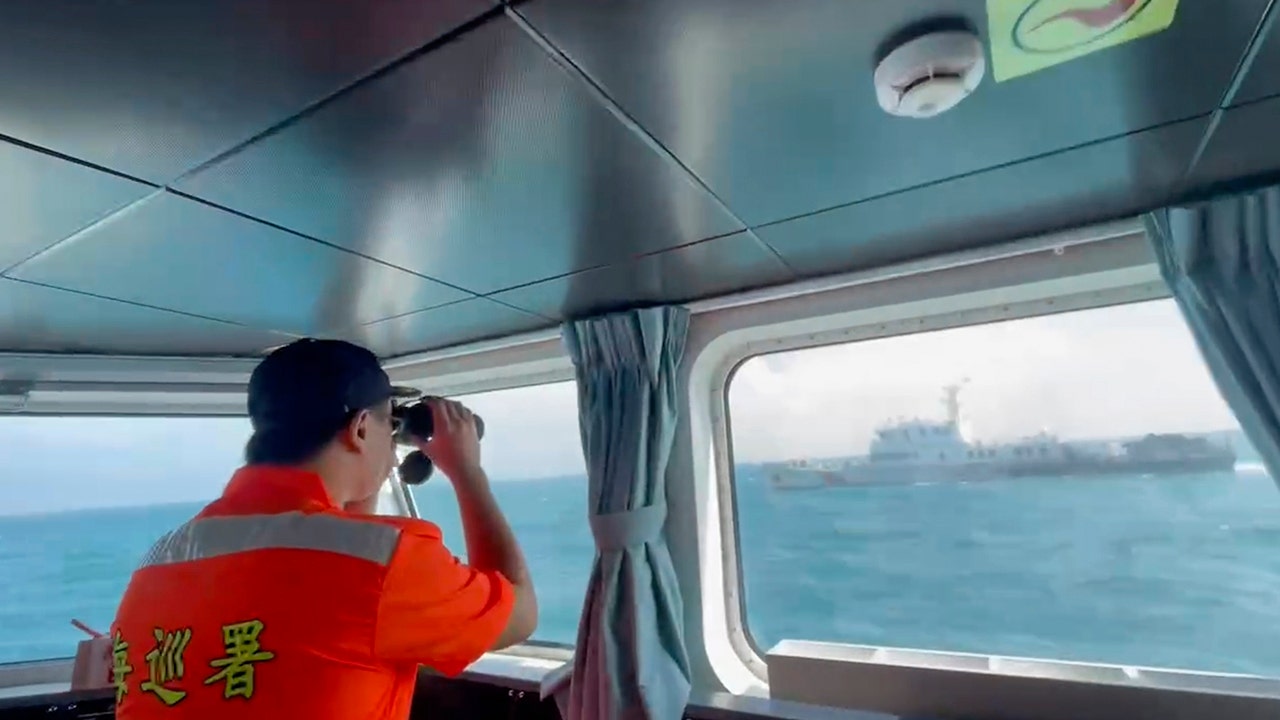President Vladimir V. Putin of Russia met with North Korea’s leader, Kim Jong-un, in his first visit to the country in nearly a quarter-century on Wednesday, as the two autocrats vowed to build a joint front against the United States and deepen bilateral ties that Washington fears will include more arms trade.
Mr. Putin is the first major head of state to visit North Korea since the pandemic, highlighting its importance to Russia: It is one of the few like-minded countries able and willing to supply Moscow with badly needed conventional weapons for its war in Ukraine.
Mr. Kim gave Mr. Putin a red-carpet welcome early Wednesday in Pyongyang, the North’s capital. His energy-starved government flooded downtown Pyongyang with bright lights as the two leaders were driven in the same car — the Russian-made Aurus limousine that Mr. Putin gave Mr. Kim last year — to the state guesthouse.
Mr. Putin’s war in Ukraine has brought the two leaders closer than ever before. They were expected to hold talks for most of Wednesday, according to Russian state media, before Mr. Putin moves on to Vietnam.
Mr. Putin has received artillery shells and missiles from North Korea to help fuel his drawn-out war in Ukraine, and he is widely expected to seek more of them on this trip. For his part, Mr. Kim covets Russian help in easing his country’s oil shortages, improving its weapons systems and undermining Washington’s attempts to strangle its economy with international sanctions.
The Putin-Kim alliance has alarmed Washington and its allies, particularly South Korea, because it threatens to undermine their efforts to curb North Korea’s nuclear and missile programs. It also presents a threat to the global push for the nonproliferation of nuclear weapons. Moscow once joined the United States in imposing United Nations sanctions on countries like North Korea and Iran over their nuclear programs, but those days seem to be over.
“I don’t think he’ll ever sign up to that again,” said Michael A. McFaul, a former U.S. ambassador to Russia and the director of Stanford University’s Freeman Spogli Institute for International Studies, referring to Mr. Putin. “I think he’s decided we’re the enemy, the liberal international order that the United States anchors is over, and he wants to see its destruction.”
Weeks before Mr. Putin’s trip, Moscow used its veto power at the U.N. Security Council to disband a panel of U.N. experts that helped to enforce sanctions aimed at making it more difficult for North Korea to develop its nuclear arsenal.
In a column published in Rodong Sinmun, the North’s main state-run newspaper, on the eve of his arrival, Mr. Putin denounced the United States’ “worldwide neocolonialist dictatorship” and lauded Mr. Kim for resisting “the U.S. economic pressure, provocation, blackmail and military threats.”
North Korea’s economy has been devastated by sanctions, and Mr. Kim is intent on capitalizing on the partnership with Mr. Putin. The North’s official Korean Central News Agency on Wednesday called the deepening ties between the two leaders “an engine for accelerating the building of a new multipolar world.” Rodong said the two nations were “in the same trench” in the struggle against Washington and its allies.
Mr. Putin’s visit to North Korea “demonstrates that our security is not regional. It’s global,” NATO’s secretary general, Jens Stoltenberg, said in Washington on Tuesday at a joint news conference with Secretary of State Antony J. Blinken.
“What happens in Europe matters for Asia, and what happens in Asia matters for us,” Mr. Stoltenberg said. “This is clearly demonstrated in Ukraine, where Iran, North Korea, China are propping up, fueling Russia’s war of aggression against Ukraine.”
Analysts were closely watching to see how much — and what types of — military and economic support Mr. Kim might get from Mr. Putin.
“He’s not just going to give away all the things that Putin wants for nothing, and I worry that this will be the beginning of military assistance that will lead to, you know, a modernization of” North Korea’s weapons systems, such as launch vehicles for nuclear weapons, Mr. McFaul said. “I fear that now all bets could be off, and this is one area where Russia has real capabilities that could make the North Korean military-industrial complex stronger.”
North Korea’s military has long been ridiculed for its backward technologies and vast stockpile of outdated Soviet-era weaponry, such as artillery shells. But the fact that Mr. Putin was visiting Pyongyang for the first time since 2000 demonstrated how such old-fashioned munitions are among those that Russia most desperately needs in its war of attrition in Ukraine.





